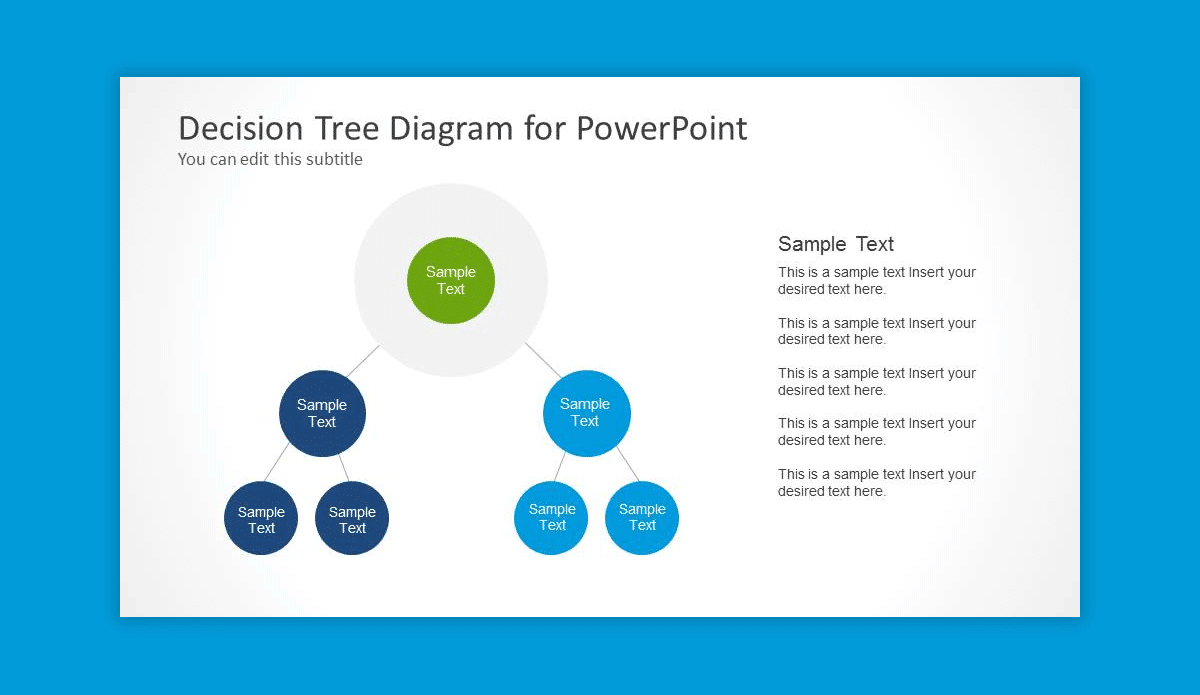

There are two choice for both increase of sales and profits: 1- expansion of advertising expenditure and 2- expansion of sales activities. The different alternatives can then be mapped out by using a decision tree. Suppose a commercial company wishes to increase its sales and the associated profits in the next year. Each of the squares and circles are reviewed critically so that a final choice can be made.When a solution leads to a new decision, the latter can be put in a new square.

Uncertain or unclear decisions are put in a circle.

The representation of the decision tree can be created in four steps: By keeping the lines as far apart as possible, there will be plenty of space to add new considerations and ideas. The squares represent decisions, the lines represent consequences and the circles represent uncertain outcomes. This Analysis is commonly represented by lines, squares and circles. There are several ways in which a decision tree can be represented. The possible alternatives are also made clearly visible and therefore the decision tree provides clarity with respect to the consequences of any decisions that will be made. There are several alternatives that consider both the possible risks and benefits that are brought about by certain choices. The Decision Tree Analysis makes good use of the ‘what if’ thought. This graphic representation is characterized by a tree-like structure in which the problems in decision making can be seen in the form of a flowchart, each with branches for alternative choices. By using a decision tree, the alternative solutions and possible choices are illustrated graphically as a result of which it becomes easier to make a well-informed choice.


 0 kommentar(er)
0 kommentar(er)
